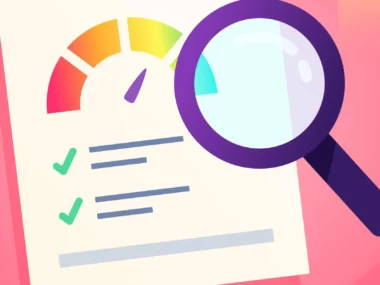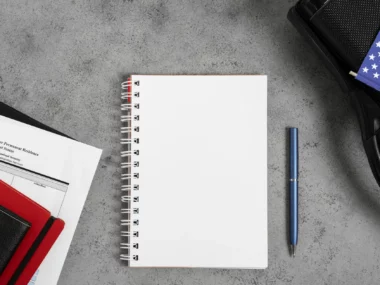Defaulting on a loan can have serious consequences. Here are some things that you can expect when you default on your loans in the USA:
1. Negative remarks on your credit report
When you default on a loan, it will be reported to the credit bureaus and will negatively impact your credit score. This can make it difficult for you to obtain credit in the future.
2. Legal action
If you default on a loan, the lender can take legal action against you. This can include wage garnishment, bank account levies, and even property liens.
3. Repossession
If you default on an auto loan or other secured loan, the lender can repossess the collateral. This means that they can take back the car or other property that was used as collateral for the loan.
4. Collection calls and letters
When you default on a loan, you can expect to receive collection calls and letters from the lender or their collection agency. These calls and letters can be stressful and intimidating.
5. Lawsuits
If you default on a loan and the lender takes legal action against you, they may file a lawsuit. This can result in a judgment against you, which can lead to wage garnishment or other legal actions.
6. Bankruptcy
If you are unable to pay your debts and are facing legal action or other consequences of defaulting on your loans, bankruptcy may be an option for you. However, bankruptcy should be considered as a last resort.
7.Damage to your future borrowing potential
Defaulting on a loan can have long-lasting effects on your ability to secure credit in the future. Even after you’ve resolved the default, the negative marks on your credit report can remain for several years, making it challenging to obtain loans, credit cards, or favorable interest rates. It’s crucial to understand that defaulting on a loan can have far-reaching consequences that extend beyond the immediate financial impact.
6. Strained relationships with lenders
Defaulting on a loan can strain your relationship with the lender. They may be less willing to work with you on alternative repayment options or offer future loans due to the perceived risk. Building a good relationship with lenders is important for your financial well-being, so it’s best to communicate and explore possible solutions before defaulting.
7. Difficulty finding housing or employment
Defaulting on loans can impact more than just your credit score. Certain employers and landlords may perform credit checks as part of their application processes. A history of defaulting on loans can raise red flags and affect your chances of securing a desirable job or rental property. It’s important to be aware of how defaults can impact different aspects of your life and work towards resolving them.
8. Emotional and mental stress:
Dealing with the consequences of defaulting on a loan can be emotionally and mentally challenging. The stress of collection calls, legal actions, and financial instability can take a toll on your well-being. It’s essential to seek support from friends, family, or professional resources to navigate through these difficult times and develop a plan to recover financially.
9. Limited access to financial resources:
Defaulting on loans may limit your access to financial resources in the future. Banks and lenders may be hesitant to provide loans or credit to individuals with a history of defaults. This can make it harder to fund essential expenses, such as education, home purchases, or starting a business. It’s important to understand the long-term consequences of defaulting and take proactive steps to improve your financial standing.
10. Debt collection agencies:
In some cases, lenders may hand over defaulted loans to debt collection agencies. These agencies may employ aggressive tactics to collect the outstanding debt, including frequent calls, letters, or even harassment. It’s important to be aware of your rights and familiarize yourself with debt collection laws to protect yourself from abusive practices.
Conclusion
Remember, defaulting on a loan should be avoided whenever possible. If you find yourself struggling to make payments, reach out to your lender to explore alternative repayment options or seek assistance from credit counseling agencies or financial advisors who can guide you through the process.
Proactive communication and early intervention can often lead to more favorable outcomes and help you avoid the severe consequences of defaulting on your loans.






